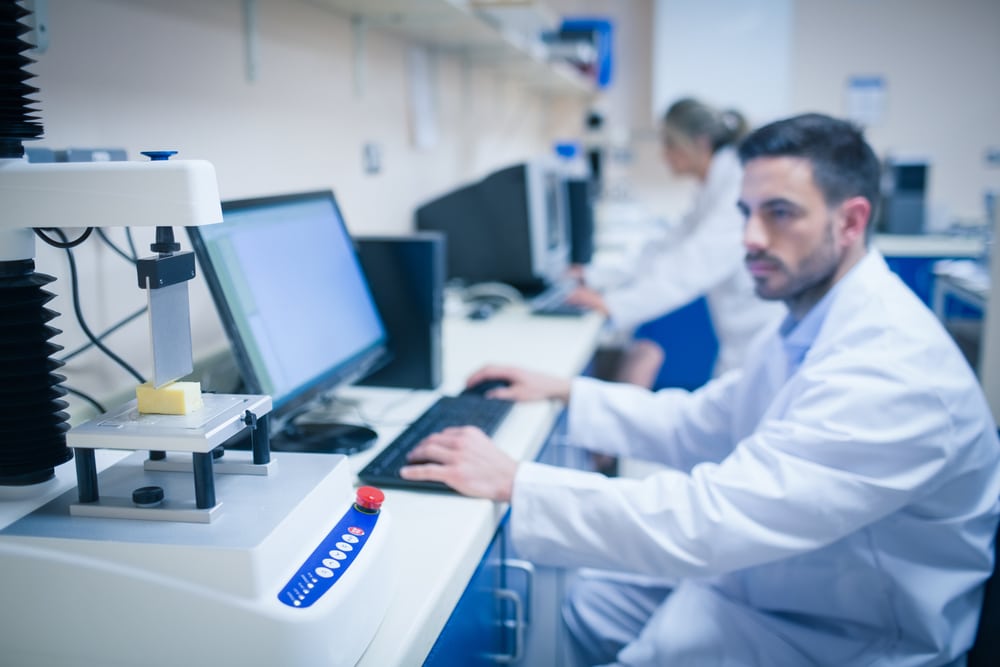How the UK Biobank is Revolutionizing Precision Medicine
 In the last decade, there has been a paradigm shift in the development of gene sequencing diagnostics. This revolution has occurred mainly due to the development of ultra-high throughput next-generation sequencing (NGS) technology that allows a human genome to be sequenced in just a few days. Combined with clinical data, readily accessible genomic data is also accelerating the development of personalized, targeted treatments in a medical model known as Precision Medicine. The UK Biobank Project is on the forefront of this initiative.
In the last decade, there has been a paradigm shift in the development of gene sequencing diagnostics. This revolution has occurred mainly due to the development of ultra-high throughput next-generation sequencing (NGS) technology that allows a human genome to be sequenced in just a few days. Combined with clinical data, readily accessible genomic data is also accelerating the development of personalized, targeted treatments in a medical model known as Precision Medicine. The UK Biobank Project is on the forefront of this initiative.
In order to develop the genetic diagnostics and personalized treatments characteristic of Precision Medicine, scientists must sift through and effectively analyze immense data sets. This necessity has led to the rapid growth of a new engineering field known as bioinformatics – an interdisciplinary field of scientific research that utilizes biology, computer science, data engineering, mathematics and statistics to increase our understanding of biological processes. Bioinformatics has played a major supportive role in the emergence and continued development of precision medicine.
Bioinformatics scientists need access to the health and genetics data of large cohorts so that the influence of genetics on disease states can be sussed out and incorporated into tailored treatments. In order to facilitate access to the large amounts of biological and health data that bioinformatics scientists need, many nations have launched biobank projects, including the United States, United Kingdom, China, Austria, Qatar, Estonia, Japan, Canada and Finland.
The United Kingdom’s Biobank (UKB) project recently released a vast collection of genetic data to health researchers around the world, offering an unparalleled resource to enhance our understanding of human biology and aid in the advancement of precision medicine. In this blog, we will discuss the types of data made available by the UK Biobank project, along with the details on how scientists can access this important data.
















